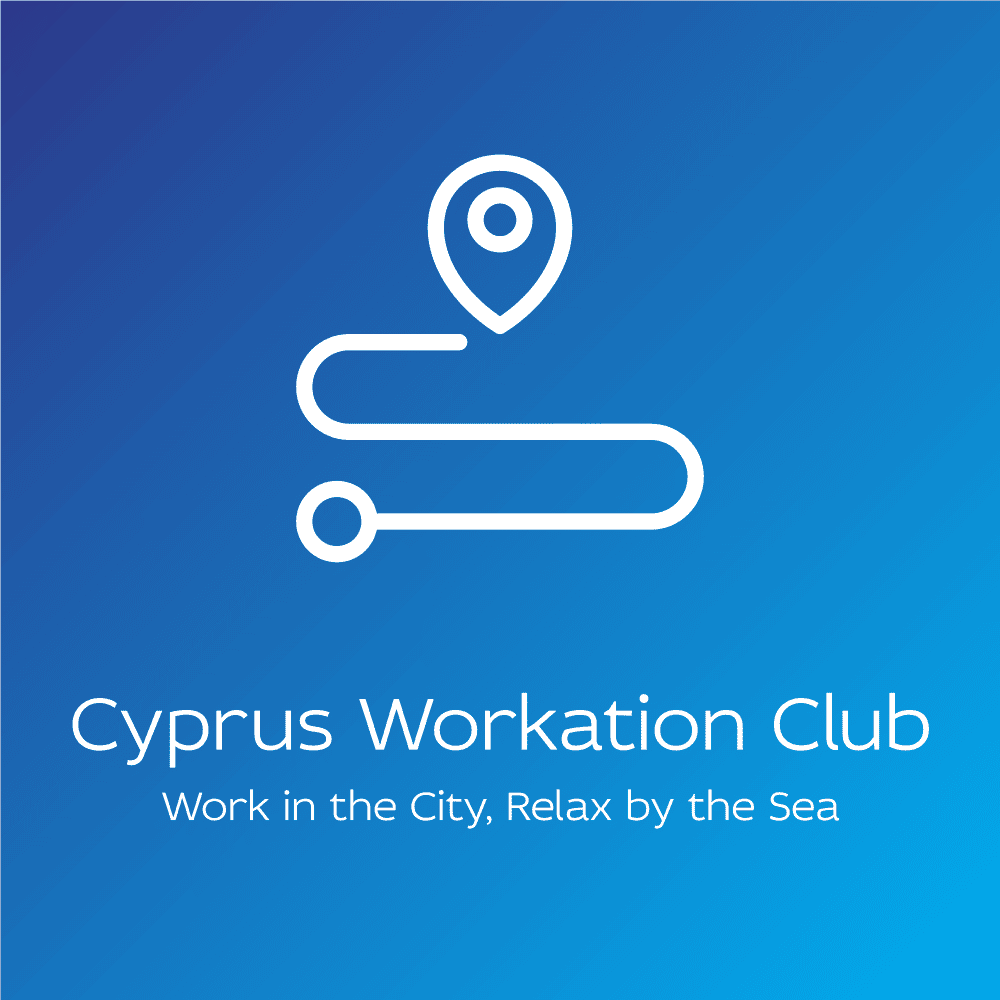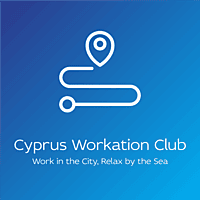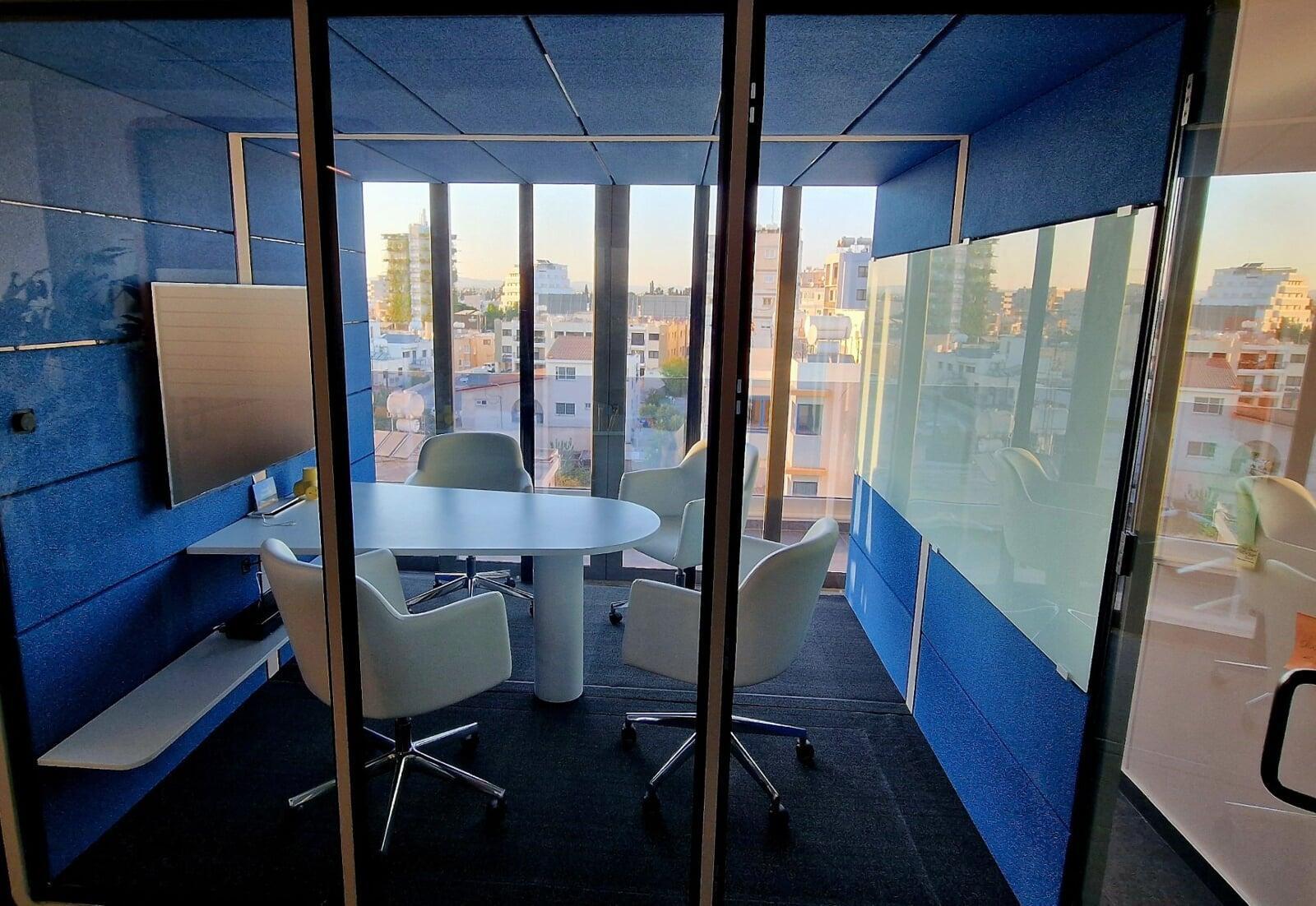Können (regelmäßige) Workations können einen Beitrag zur Longevity leisten?
(english version below)
Regelmäßige Workations – also die Kombination aus Arbeit und Urlaub in flexiblen Umgebungen – können indirekt mit einer erhöhten Lebenserwartung zusammenhängen, wie aktuelle Forschungsergebnisse nahelegen. Obwohl keine Studie Workations direkt untersucht, lassen sich Schlüsse aus arbeitsbezogenen Gesundheitsfaktoren ziehen.
1. Arbeitsflexibilität und psychosoziale Gesundheit
Studien zeigen, dass psychosoziale Ressourcen wie Kontrolle über Arbeitszeiten und Unterstützung im Job die Lebenserwartung ohne Behinderung um bis zu 2,2 Jahre erhöhen können. Workations ermöglichen oft genau diese Flexibilität, was Stress reduziert und langfristig gesundheitsfördernd wirkt.
2. Physische Belastung vs. Ausgleich
Arbeiter mit hoher körperlicher Belastung haben eine deutlich geringere Wahrscheinlichkeit, gesund das 70. Lebensjahr zu erreichen (75,7 % vs. 84,4 % bei Büroangestellten). Workations in naturreichen Umgebungen könnten hier einen Ausgleich schaffen – etwa durch Bewegung oder verringerte Monotonie.
3. Langzeitwirkungen stabiler Arbeitsmuster
Langjährige Berufstätigkeit im mittleren Alter korreliert mit besserer Gesundheit im Alter, selbst bei subjektiv negativen Arbeitserfahrungen. Workations könnten dabei helfen, kontinuierliche Erwerbsbiografien zu erhalten, indem sie Burnout-Risiken mindern.
4. Jobqualität als Schlüsselfaktor
Eine systematische Übersicht zeigt:
| Arbeitsbedingung | Effekt auf Gesundheit (65+) |
|---|---|
| Gute psychosoziale Ressourcen | +1,2–2,2 gesunde Jahre |
| Niedrige Belohnung/Stress | Höheres Gebrechlichkeitsrisiko |
Workations in inspirierenden Settings könnten die wahrgenommene Jobqualität steigern und so indirekt gesundheitliche Vorteile generieren.
5. Geschlechtsspezifische Effekte
Frauen profitieren besonders von flexiblen Arbeitsmodellen: Bei hohen physischen Anforderungen am Arbeitsplatz verlieren sie bis zu 1,6 gesunde Jahre. Workations mit Bewegungsmöglichkeiten könnten hier kompensieren.
Fazit
Während direkte Belege (noch) fehlen, deuten Mechanismen wie Stressreduktion, erhöhte Autonomie und physischer Ausgleich auf einen plausiblen Zusammenhang hin.
Entscheidend ist dabei die Qualität der Workation: Nur bei echter Erholungskomponente und arbeitsorganisatorischer Unterstützung sind positive Effekte auf die Langlebigkeit denkbar. Unternehmen und Mitarbeitende sollten daher Workations nicht als „Urlaubsersatz“, sondern als Teil einer strukturierten Gesundheitsprävention professionell ausgestalten.
Can (regular) workations contribute to longevity?
Regular workations - i.e. the combination of work and holidays in flexible environments - could be indirectly linked to increased life expectancy, as current research findings suggest. Although no study has investigated workations directly, conclusions can be drawn from work-related health factors.
1. Work flexibility and psychosocial health
Studies show that psychosocial resources such as control over working hours and support at work can increase life expectancy without disability by up to 2.2 years. Workations often enable precisely this flexibility, which reduces stress and has a long-term health-promoting effect.
2. Physical strain vs. compensation
Workers with high levels of physical exertion are significantly less likely to reach the age of 70 in good health (75.7 % vs. 84.4 % for office workers). Workations in natural environments could help to compensate for this - for example through exercise or reduced monotony.
3. Long-term effects of stable working patterns
Long-term employment in middle age correlates with better health in old age, even in the case of subjectively negative work experiences. Workations could help to maintain continuous employment biographies by minimising the risk of burnout.
4. Job quality as a key factor
A systematic overview shows:
| Working condition | Effect on health (65+) |
|---|---|
| Good psychosocial resources | +1.2–2.2 healthy years |
| Low reward/stress | Higher risk of frailty |
Workations in inspiring settings could increase the perceived job quality and thus indirectly generate health benefits.
5. Gender-specific effects
Women benefit particularly from flexible working models: With high physical demands at work, they lose up to 1.6 healthy years. Workstations with movement options could compensate for this.



